Episodes
Wednesday Dec 31, 2014
The Medicalization of Ordinary Life
Wednesday Dec 31, 2014
Wednesday Dec 31, 2014
Saturday Dec 27, 2014
Sit right down and write myself a letter
Saturday Dec 27, 2014
Saturday Dec 27, 2014
Friday Dec 26, 2014
The Sounds of Silence...Deaf Culture and what it means to hear
Friday Dec 26, 2014
Friday Dec 26, 2014
 Remembering the early days of the cell of phone, we all remember, “can you hear me now.” For most of us this was modern nuisance. But for some, those that are hearing impaired, or profoundly deaf, those words have far greater meaning.
Remembering the early days of the cell of phone, we all remember, “can you hear me now.” For most of us this was modern nuisance. But for some, those that are hearing impaired, or profoundly deaf, those words have far greater meaning. Wednesday Dec 24, 2014
What caring and service really means
Wednesday Dec 24, 2014
Wednesday Dec 24, 2014
 What would it take for you to give up your Western lifestyle, move to Ghana, live in a mud hut and commit yourself to helping thousands of lost children?
What would it take for you to give up your Western lifestyle, move to Ghana, live in a mud hut and commit yourself to helping thousands of lost children?Tuesday Dec 23, 2014
Language is Culture, Culture is Language
Tuesday Dec 23, 2014
Tuesday Dec 23, 2014
 To achieve proficiency in a new language late in life is near impossible. But suppose you didn’t just want to learn the language, you wanted total immersion. You wanted to learn the culture, the origins of the language, to become one with the language. That’s what my guest William Alexander set out to do with French.
To achieve proficiency in a new language late in life is near impossible. But suppose you didn’t just want to learn the language, you wanted total immersion. You wanted to learn the culture, the origins of the language, to become one with the language. That’s what my guest William Alexander set out to do with French.Monday Dec 22, 2014
Why Learning Beats Knowing
Monday Dec 22, 2014
Monday Dec 22, 2014
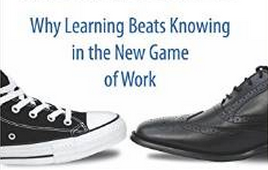 It used to be that the classroom prepared you for a career. Today your lifetime career is a classroom, where you must be continuously learning. In doing so, the horizons open up and opportunities abound.
It used to be that the classroom prepared you for a career. Today your lifetime career is a classroom, where you must be continuously learning. In doing so, the horizons open up and opportunities abound.Monday Dec 22, 2014
A Father and Daughter Cook Their Way Around the World
Monday Dec 22, 2014
Monday Dec 22, 2014
 One of the foundations of the changing nature of education, is the idea of deeper learning. Direct, hands on mastery of content, though solving real world problems in a collaborative way. This has created dramatic results in all academic areas.
One of the foundations of the changing nature of education, is the idea of deeper learning. Direct, hands on mastery of content, though solving real world problems in a collaborative way. This has created dramatic results in all academic areas.Friday Dec 19, 2014
The quest driven life
Friday Dec 19, 2014
Friday Dec 19, 2014
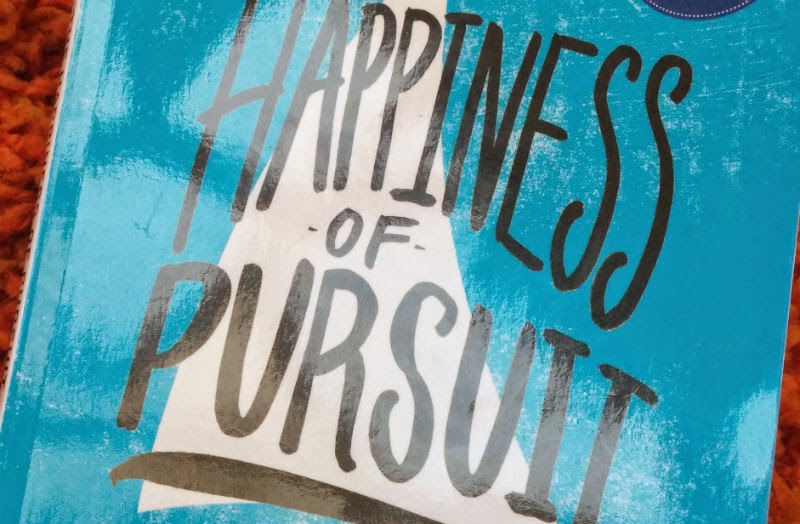 To dream the impossible dream has been the great engine of progress in the world. From the early explorers, to scientists and engineers, to man's quest to explore the planets. The story of exploration is the story of mankind.
To dream the impossible dream has been the great engine of progress in the world. From the early explorers, to scientists and engineers, to man's quest to explore the planets. The story of exploration is the story of mankind. Wednesday Dec 17, 2014
We may be an insignificant and fleeting moment in time...and we know it
Wednesday Dec 17, 2014
Wednesday Dec 17, 2014
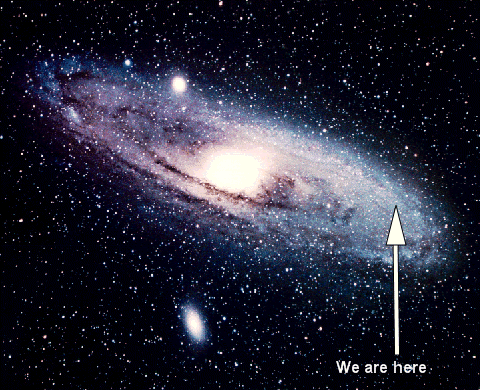 Conventional wisdom has long held that we live in a vast and indeed expanding universe, in which we humans are but a seemingly small and insignificant part.
Conventional wisdom has long held that we live in a vast and indeed expanding universe, in which we humans are but a seemingly small and insignificant part. Wednesday Dec 17, 2014
Gus Speth explains why the Environmental Movement still matters
Wednesday Dec 17, 2014
Wednesday Dec 17, 2014
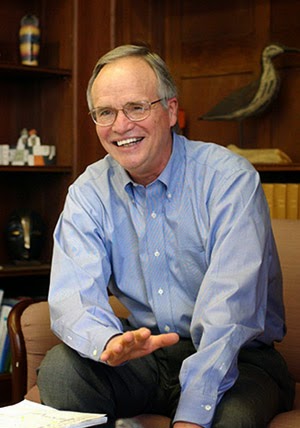 Perhaps part of what plagues us when we think about most issues today, is that we tend to see them in very myopic ways. The world is a more and more complex place, and yet we do the opposite of what we should do. We too often silo information or categories, or problems.
Perhaps part of what plagues us when we think about most issues today, is that we tend to see them in very myopic ways. The world is a more and more complex place, and yet we do the opposite of what we should do. We too often silo information or categories, or problems. Monday Dec 15, 2014
Why Dreamers matter!
Monday Dec 15, 2014
Monday Dec 15, 2014
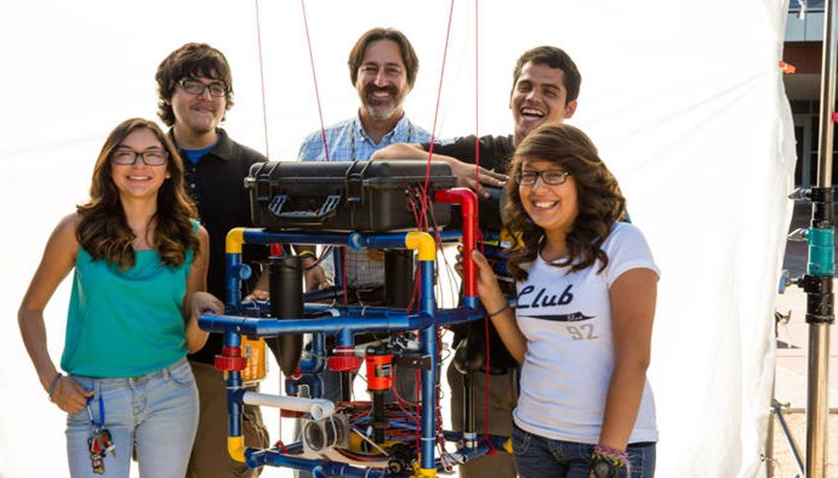 How often does a story leap off the pages of a magazine, to become a book, a documentary and a major motion picture? Very rarely. And when it does, it’s clear that the story it tells has touched a powerful nerve among readers and viewers.
How often does a story leap off the pages of a magazine, to become a book, a documentary and a major motion picture? Very rarely. And when it does, it’s clear that the story it tells has touched a powerful nerve among readers and viewers. Friday Dec 12, 2014
The best places to work
Friday Dec 12, 2014
Friday Dec 12, 2014
 We’ve recently seen year end lists of the best places to work. Free food, massage, pets, and a beautiful campus are all contributing factors. However, research, behavioral analysis and science can also tell us what make a workplace effective, productive, and more innovative.
We’ve recently seen year end lists of the best places to work. Free food, massage, pets, and a beautiful campus are all contributing factors. However, research, behavioral analysis and science can also tell us what make a workplace effective, productive, and more innovative.Sunday Dec 07, 2014
The healing power of our pets
Sunday Dec 07, 2014
Sunday Dec 07, 2014
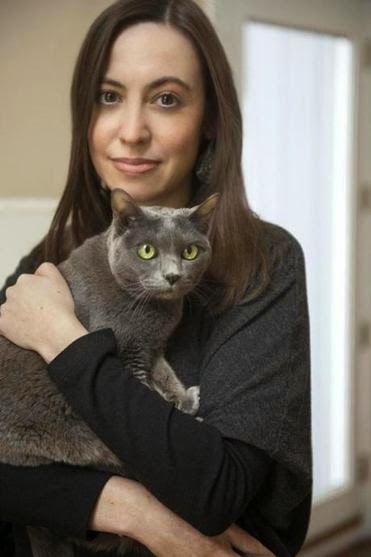 While the origins of the quote are sketchy, Harry Truman, frustrated by the problems he faced in the White House, is reported to have said that “if you want a friend in Washington, get a dog.”
While the origins of the quote are sketchy, Harry Truman, frustrated by the problems he faced in the White House, is reported to have said that “if you want a friend in Washington, get a dog.”Thursday Dec 04, 2014
Cheryl Strayed's WILD
Thursday Dec 04, 2014
Thursday Dec 04, 2014
 Back in the 1940’s theologian Reinhold Niebuhr wrote the serenity prayer. You all know it. It tells us to accept those things that we can’t change and the courage to change those we can and the wisdom to know the difference. Over the years, it’s been adopted by AA and various other groups. But it might also be the coda for Cheryl Strayed's fantastically successful book Wild: From Lost to Found on the Pacific Crest Trail
Back in the 1940’s theologian Reinhold Niebuhr wrote the serenity prayer. You all know it. It tells us to accept those things that we can’t change and the courage to change those we can and the wisdom to know the difference. Over the years, it’s been adopted by AA and various other groups. But it might also be the coda for Cheryl Strayed's fantastically successful book Wild: From Lost to Found on the Pacific Crest TrailThursday Dec 04, 2014
Thursday Dec 04, 2014
 During the recent Ebola scare, we were often reminded of the dozens of science fiction thrillers that set the stage for our fears. From the Andromeda Strain, to World War Z, The Stand and The Hot Zone, to name just a few.
During the recent Ebola scare, we were often reminded of the dozens of science fiction thrillers that set the stage for our fears. From the Andromeda Strain, to World War Z, The Stand and The Hot Zone, to name just a few.Wednesday Dec 03, 2014
Only satire can save us now
Wednesday Dec 03, 2014
Wednesday Dec 03, 2014
 We live in an ironic age. The speed of modern communication, juxtaposed with the traditional entrenched problems we face, provides a disconnect that only humor can bridge.
We live in an ironic age. The speed of modern communication, juxtaposed with the traditional entrenched problems we face, provides a disconnect that only humor can bridge.Monday Dec 01, 2014
Defending Beef: The Case for Sustainable Meat Production
Monday Dec 01, 2014
Monday Dec 01, 2014
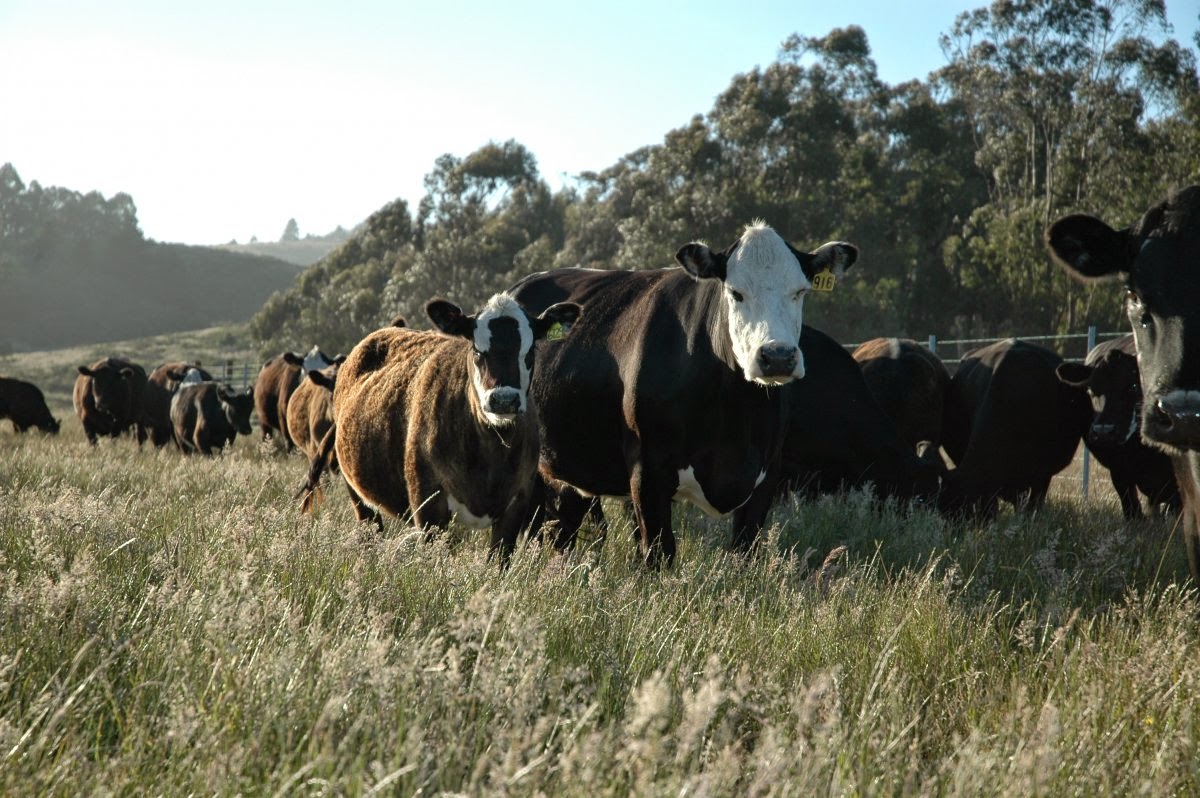 Even amidst the concerns about the impact of cattle on global warming, the disgrace of industrialized farming and slaughterhouses, and the increased worldwide population that has sworn off beef, it’s still very much a part of our diet.
Even amidst the concerns about the impact of cattle on global warming, the disgrace of industrialized farming and slaughterhouses, and the increased worldwide population that has sworn off beef, it’s still very much a part of our diet. 


